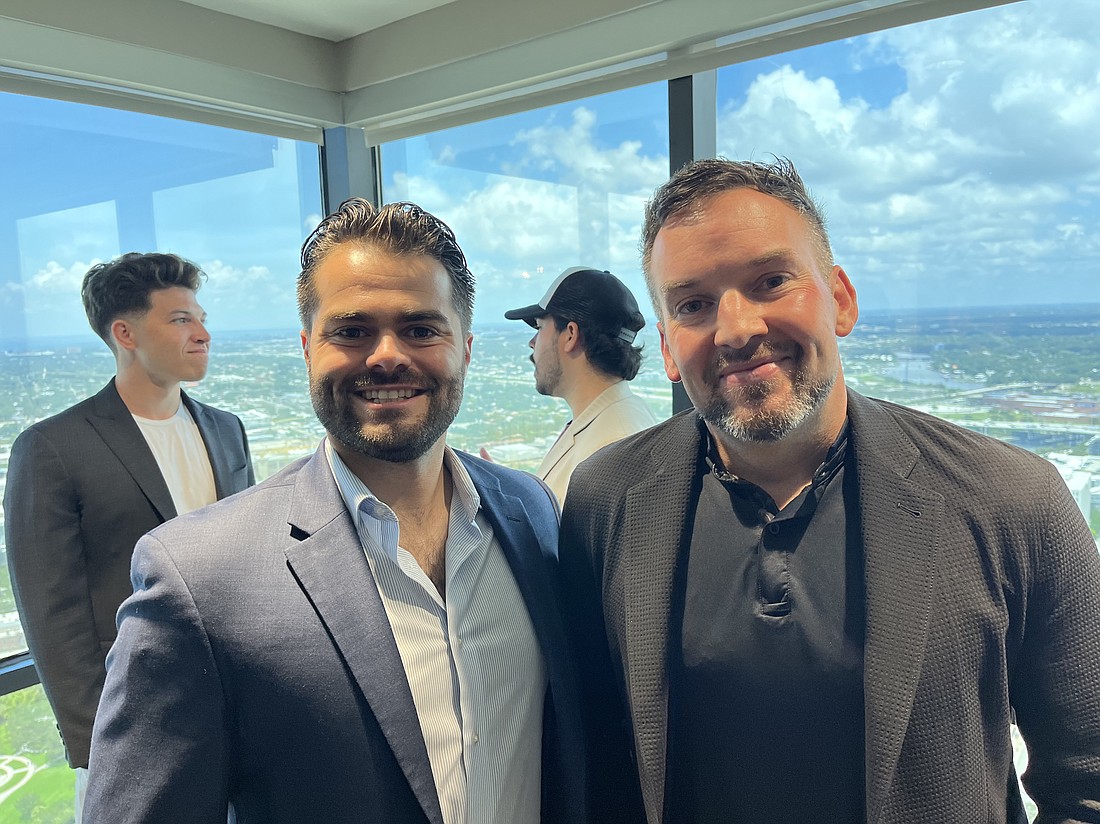- December 13, 2025
-
-
Loading

Loading

City Furniture is a lean, green, growing machine.
The Fort Lauderdale-based company, which just opened a new 1.3 million square foot warehouse in Plant City right off of Interstate 4, is on a mission to offset its carbon footprint with an ambitious goal of reaching carbon neutrality by 2040.